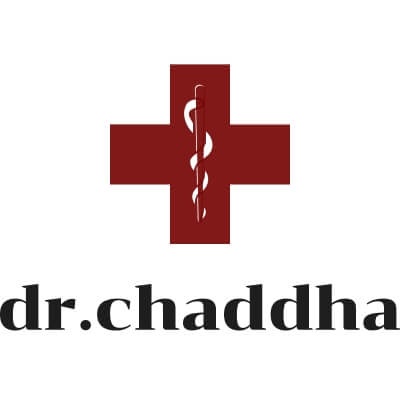Kidney Stones are also known as Renal calculi. They are solid masses made of crystals. kidney stones usually originate in the kidney. However, they can develop anywhere along urinary tract which consists of the following:
- Kidney
- Ureter
- Bladder
- Urethra
Types of Kidney Stones
- Calcium: Made of Calcium Oxalate, Eating fewer oxalate-rich food.
- Uric Acid: Found more in Males, Common in people with Gout or going through Chemotherapy. In this, the type of stone develops when the urine is too acidic.
- Struvite: This type is mostly found in Female with UTI (Urinary Tract Infection). Stones are large and cause Urinary Obstruction. This type is basically the result of Kidney Infection. Treating an underlying infection can prevent the development of Struvite stone.
- Cystine: They are rare types of stones, occur in both the sexes. They are found mostly in who have some genetic disorder, Cystinuria. Cystinuria is an acid in the body that leaks from the kidney into the urine.
Risk Factor for Kidney Stone
The greatest risk is making less than 1 liter of urine per day. Kidney stones are common in premature infants who have kidney problems. More men develop kidney stone than women. Another risk factors are
- Dehydration
- A diet with high levels of protein, salt
- Obesity
- Hyperthyroid
Symptoms of Kidney Stones
- Blood in Urine
- Nausea
- Chills
- Vomiting
- Foul smelling urine
- Fever
- Frequent need to urinate
Gall Stones
Gall Bladder is an organ below the liver. It’s a pouch that stores bile which helps in digestion. Gall Stones are formed when there too much cholesterol in the bile.
80% gallstones are made of Cholesterol
20% gallstones are made of Calcium, Salt and Bilirubin
Symptoms
- Pain when someone who has gallstones eats food that is high in fat, such as fried food.
- Nausea, Vomiting
- Dark Urine
- Clay-colored Urine
- Stomach Pain
- Diarrhea
- Gaseous distension
- Indigestion
There can be asystematic gallstone also:
Complications
- Jaundice (Yellow tint to skin/eyes)
- Cholangitis (bile duct infection)
- Sepsis (blood infection)
- Inflammation of Pancreas
- Carcinoma of GallBladder
Factors responsible for GallStones
Risk factors:
- Diet: eating a diet high in fat or cholesterol or low in fiber
- Obesity or being over weight
- Having rapid weight loss in a short period of time
- Having Diabetes, Mellitus, Cirrhosis
- Female, Fatty, fair, Forty, Family History
- Pregnancy
- Certain Medications
Diagnosis
- USG
- CT Scan
- Blood Test
- ERCP (Endoscopic Retrograde Cholangiopancreatography )
Various Homeopathic Medicines:
Cholesternum, Fel Tauri, Bebeci Vulgaris
are few homeopathic medicines which are specific and very effective in the treatment of GallStones. But a proper dosage and power or potency is subject to the susceptibility of the patient and one should always go to the doctor for consultation and advice rather than self-prescribing
Homeopathic Treatment
First of all, the ample amount of water should be taken so that frequent urination can occur and the solutes in the urine may not precipitate on the calculi. Precaution with respect to low Calcium, low Oxalate in diet will prevent the formation of stone. There are various medicines in Homeopathy which offer guaranteed result which even layman can know.

Recent Comments